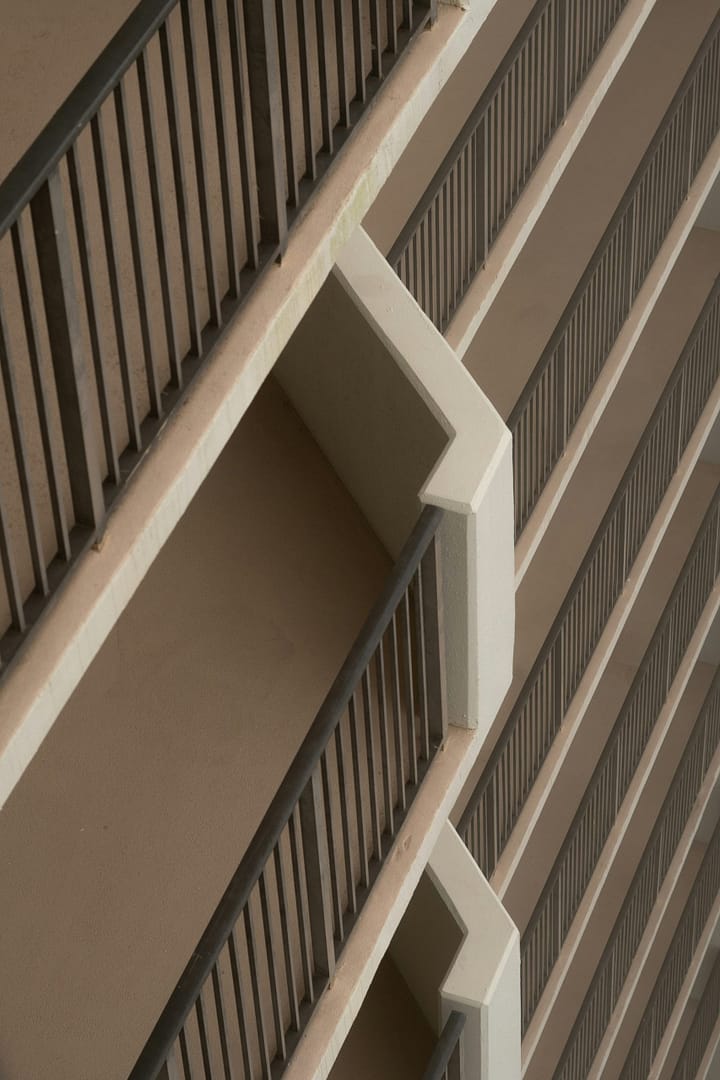Yes, tenants in the UK can claim compensation for emotional distress caused by social housing disrepair. If poor conditions like damp, mould, or leaks have negatively affected your mental health or well-being, you may be eligible to claim general damages for psychological harm.
Living in a well-maintained home is essential for both physical health and mental well-being. Unfortunately, many tenants in the UK endure substandard conditions in social housing, leading to significant emotional distress. This article explores the legal avenues available to tenants seeking compensation for the mental anguish caused by housing disrepair.
Understanding Housing Disrepair
Housing disrepair refers to situations where a rented property deteriorates due to the landlord’s failure to maintain it in a habitable condition. Common issues include:
- Persistent damp and mould
- Structural defects
- Faulty heating systems
- Leaking roofs
- Infestations
Such conditions can severely impact tenants’ quality of life, leading to stress, anxiety, and other mental health issues.
Legal Obligations of Landlords
In the UK, landlords are legally required to ensure their properties are fit for habitation. The Homes (Fitness for Human Habitation) Act 2018 mandates that rented homes must be free from hazards that could cause harm to the occupants.
Additionally, the Landlord and Tenant Act 1985 obliges landlords to keep in repair the structure and exterior of the dwelling, as well as installations for the supply of water, gas, electricity, and sanitation.
Claiming Compensation for Emotional Distress
Tenants suffering from emotional distress due to housing disrepair have the right to seek compensation. This includes claims for:
- Inconvenience and discomfort: The distress caused by living in substandard conditions.
- Damage to personal belongings: Items damaged or destroyed due to disrepair, such as clothing or furniture.
- Personal injury: Physical or mental health issues arising from the disrepair, including stress and anxiety.
Evidence Required
To strengthen a compensation claim, tenants should gather:
- Medical records: Documentation of any health issues linked to the disrepair.
- Photographic evidence: Images showing the extent of the disrepair.
- Communication records: Correspondence with the landlord reporting the issues.
- Expert reports: Assessments from professionals confirming the disrepair and its impact.
How Much Compensation Can You Claim?
The amount of compensation for emotional distress varies, depending on how severe your suffering is and how long the disrepair went unresolved.
Estimated Compensation Range:
| Type of Emotional Distress | Potential Compensation Amount |
|---|---|
| Mild stress or inconvenience | £1,000 – £3,000 |
| Moderate emotional distress with medical evidence | £3,000 – £8,000 |
| Severe psychological harm (long-term effects) | £8,000 – £25,000+ |
This is separate from any additional claim you may make for property damage or physical health issues.
💡 Note: These figures are estimates and depend on the strength of your evidence. Consulting a solicitor can give you a more precise idea of what to expect.
Compensation Amounts
The compensation awarded depends on factors such as the severity and duration of the disrepair, and its impact on the tenant’s health. In some cases, tenants have received significant payouts. For instance, the Housing Ombudsman awarded £4.9 million in compensation last year, with some tenants receiving up to £20,000 for severe cases involving long-term issues like mould and leaks
The Claims Process
- Report the Issue: Notify your landlord in writing about the disrepair.
- Allow Time for Repairs: Give the landlord a reasonable period to address the problems.
- Seek Legal Advice: If repairs are not made, consult with a solicitor experienced in housing disrepair claims.
- Pre-Action Protocol: Before initiating court proceedings, follow the Pre-Action Protocol for Housing Conditions Claims, which encourages parties to resolve disputes without litigation.
- Court Proceedings: If necessary, file a claim in court to seek compensation.
People Also Ask
1. What counts as emotional distress in housing disrepair cases?
Emotional distress can include anxiety, depression, stress, sleep disturbances, and other psychological conditions that are linked to living in unfit or unsafe housing conditions.
2. Can I claim if my children were affected emotionally?
Yes. If your child’s mental or emotional wellbeing has suffered due to housing disrepair (e.g. fear of mould, constant illness), they may also be included in your claim.
3. Do I need medical evidence for emotional distress?
Yes, it’s helpful. Evidence such as GP records, counselling notes, or prescriptions for anxiety or depression can support your claim for emotional distress.
4. How long does a housing disrepair emotional distress claim take?
Typically, claims can take between 3 to 9 months, depending on the complexity of the case and how cooperative the landlord is in resolving the issue.
5. Who can help me start a housing disrepair claim?
National Claims can connect you with experienced solicitors who understand the emotional toll of living in poor housing conditions and can guide you through the claims process.
How National Claims Can Assist
Navigating a housing disrepair claim can be complex. National Claims can connect you with experienced solicitors who will guide you through the process, ensuring your claim is handled professionally and efficiently.
Conclusion
No tenant should endure emotional distress due to their landlord’s neglect. If you’re living in social housing with unresolved disrepair issues affecting your mental health, you have the right to seek compensation. Taking prompt action not only helps you secure the compensation you deserve but also holds landlords accountable, promoting better living conditions for all tenants.

We’re proud of our excellent customer reviews
We thrive on delivering exceptional service and ensuring our clients’ satisfaction. Don’t just take our word for it. Check out some of our independent reviews to see what our clients have to say.
Excellent

This firm is excellent, they sorted out my car pay out and injury claim very fast, they always communicate with you all the time.

My accident case was dealt with confidence and with great result of the outcome, especially James kept me informed all the time.

I was very impressed at the way my inquiry was treated. I was listened to attentively and everything I needed to know was explained to me.






